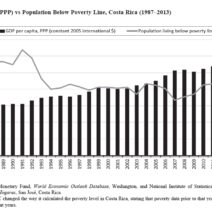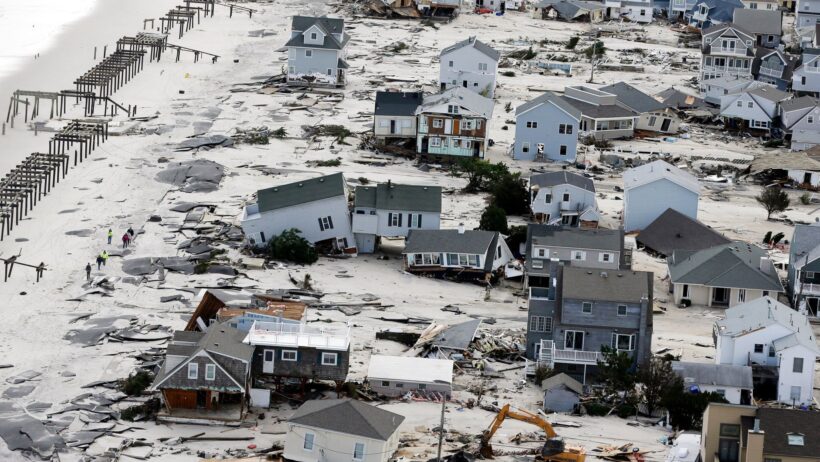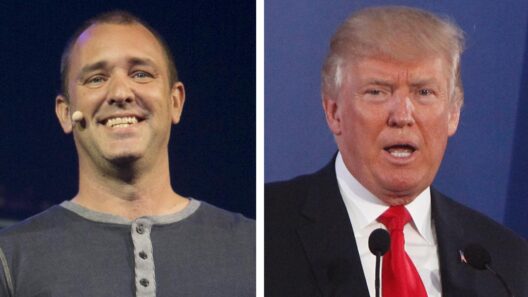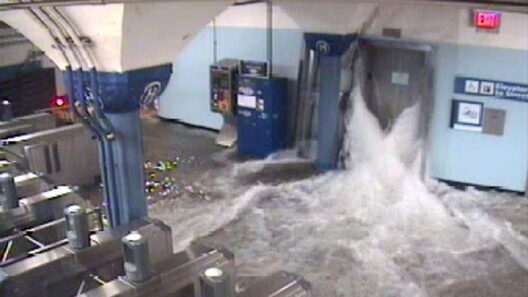Global warming, an insidious phenomenon characterized by the long-term rise in Earth’s average temperature due to human activities, has ignited fervent discussions across the globe. As climatic conditions grow increasingly erratic, an essential question arises: do most people around the world believe in global warming? The answer to this intricate inquiry is multifaceted and varies considerably across different demographics, regions, and education levels.
To begin with, various surveys and studies indicate a significant consensus on the existence of global warming among the global populace. Reports reveal that a substantial majority of individuals across many nations acknowledge the reality of climate change. Nonetheless, the degree of belief often fluctuates based on geographical, cultural, and political contexts. Western nations generally display higher awareness and acceptance levels, while certain developing regions may exhibit skepticism grounded in economic or political considerations.
In North America, data shows that a considerable segment of the population recognizes global warming as a critical issue. The correlation between education level and belief in climate change is particularly pronounced; individuals with higher educational attainments are more likely to understand and accept scientific consensus regarding anthropogenic climate change. This trend mirrors findings in Europe, where environmental advocacy has catalyzed public acknowledgment of climate issues, manifesting in the widespread support for green policies among populace. Thus, in both continents, increasing educational outreach and media coverage directly contribute to higher levels of belief in global warming.
Contrastingly, other regions, particularly parts of Asia and Africa, present a more complex picture. Cultural perceptions and economic priorities often shape public opinion. For instance, in countries battling immediate socioeconomic challenges, such as poverty or political instability, long-term environmental concerns can take a back seat. While many people may recognize climate change in abstract terms, the urgency to address it diminishes in the face of pressing daily struggles. Still, various grassroots movements throughout these regions are slowly raising awareness about climate change, illustrating a growing recognition and shifting paradigm.
Beyond mere belief, the impact of global warming on personal and communal lives plays a pivotal role in influencing public perception. Individuals experiencing direct repercussions of climate phenomena, such as erratic weather patterns, increasing temperatures, and natural disasters, are often more inclined to acknowledge its existence. In regions vulnerable to extreme weather events, the tangible effects of climate change foster a sense of urgency amongst the populace. Therefore, their belief in global warming is not merely theoretical but rooted in lived experiences.
Political ideology significantly influences attitudes towards climate change as well. In several countries, individuals’ beliefs are often dictated by party lines. In the United States, for instance, partisan divides pose a substantial barrier to consensus on climate science. Republicans, in particular, tend to exhibit greater skepticism about global warming compared to their Democratic counterparts, whose beliefs align more closely with scientific findings. This division underscores the extent to which environmental issues have become politicized, with climate change increasingly viewed through a partisan lens. Such dynamics can skew public perception and hinder the collective response to climate change.
Another critical factor impacting worldwide belief in global warming is the elucidation of climate science within educational systems. In regions where climate change is integrated into curricula—often through comprehensive environmental education programs—a heightened awareness tends to emerge. The learned understanding of greenhouse gas emissions, carbon footprints, and sustainability enables individuals to grasp the complexity of climate issues and fosters a robust belief in the urgency of addressing them. Conversely, regions lacking such educational frameworks might exhibit lower awareness levels and skepticism regarding climate issues.
Media representation of climate change also plays a substantial role in shaping public opinion. Coverage of extreme weather events, scientific advancements, and international climate agreements are essential in molding perceptions. Positive portrayals of innovative solutions, such as renewable energy technologies and conservation efforts, can bolster public belief and encourage proactive stances regarding climate action. Critically, the role of social media cannot be understated; it serves as a platform for activism, awareness, and education, facilitating a broader discourse on climate change and its implications.
Moreover, the psychology of belief itself warrants examination. Cognitive dissonance can impede acceptance of climate change, particularly when it conflicts with personal values or lifestyles. Individuals may resist acknowledging a threat if it necessitates significant behavioral change or compromises their worldview. This challenge underscores the need for effective communication strategies that empower individuals to confront uncomfortable truths without triggering entrenched defensive reactions.
As efforts to mitigate climate change intensify, it becomes crucial to unify belief systems and foster a collective understanding of global warming across diverse populations. Concerted actions, including international collaborations, policy advocacy, and grassroots movements, play vital roles in bridging gaps in belief and acknowledgment. Engaging communities, fostering dialogue, and promoting climate literacy can create an informed citizenry ready to confront the challenges posed by climate change.
The question of whether most people around the world believe in global warming is thus not merely an inquiry into the acceptance of scientific principles but rather a reflection of intertwined factors such as education, political affiliation, socioeconomic realities, and media portrayal. As we navigate this epoch defined by environmental tumult, enhancing awareness and galvanizing collective action becomes imperative in addressing the specter of climate change. Global solidarity will be instrumental in transforming beliefs into action and fostering sustainable practices essential for preserving our planet.








